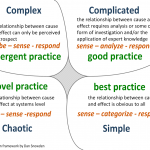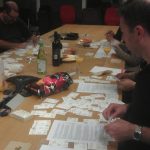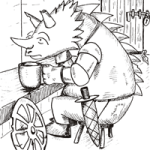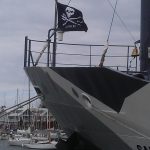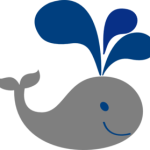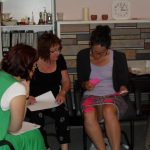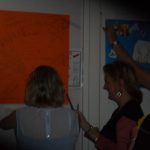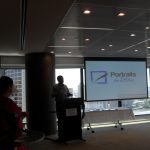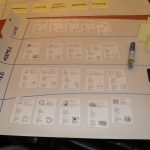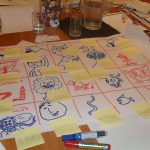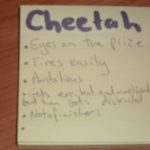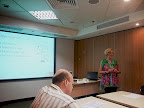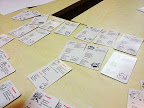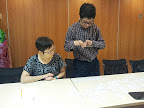
Due to the success of the IMPACT workshop held last year, Anne Hartican of Bespoke Results and I are facilitating another workshop on July 1 Again it is being held at Melbourne’s boutique conference centre Airlie ( see image below) .
Previous participants have regarded the workshop very positively:
“I have been meaning to send you an email to thank you for the workshop I attended 20 March. Since then I have reflected on what makes a good leader and thinking about those that use emotional intelligence to create positive cultures within organisations. And those that don’t and how that effects the culture. So, I actually gained a lot and an insight into what and why some organisations get it! Thanks.” Local government particpant
“Participation in a management workshop with people in similar roles but from varying organisations was both interesting and challenging.
Apart from learning a lot about yourself, and how your actions are perceived by others while you go about your business, you pick up a lot about the culture of the organisation in which you work. That culture affects how you go about different processes, and direct interaction with other agencies provides the opportunity to compare different approaches. It was apparent to me that being from a strong compliance culture, approaches were far more direct and confronting than others were used to. Whilst we have developed a level of indifference to the stronger approach, others around us had not. It soon became apparent we needed to moderate our approaches to others to achieve desired outcomes.
The course was a valuable experience, not only for new managers, but for those deeply entrenched in their roles over a long period of time. Almost every style was on display, and the benefits to the individual and the organisation were well worth the commitment.” Government department particpant
The workshop is a wonderful opportunity to further explore your leadership capabilities in depth.
The workshop is highly experiential and uses action learning, reflection and simulation to assist with your learning.
A follow up coaching session is offered as part of the package. The total package including catering is $600 inc GST
Registrations are now open. To access the brochure and the registration form please click on IMPACTjuly12013 and IMPACTregistration



